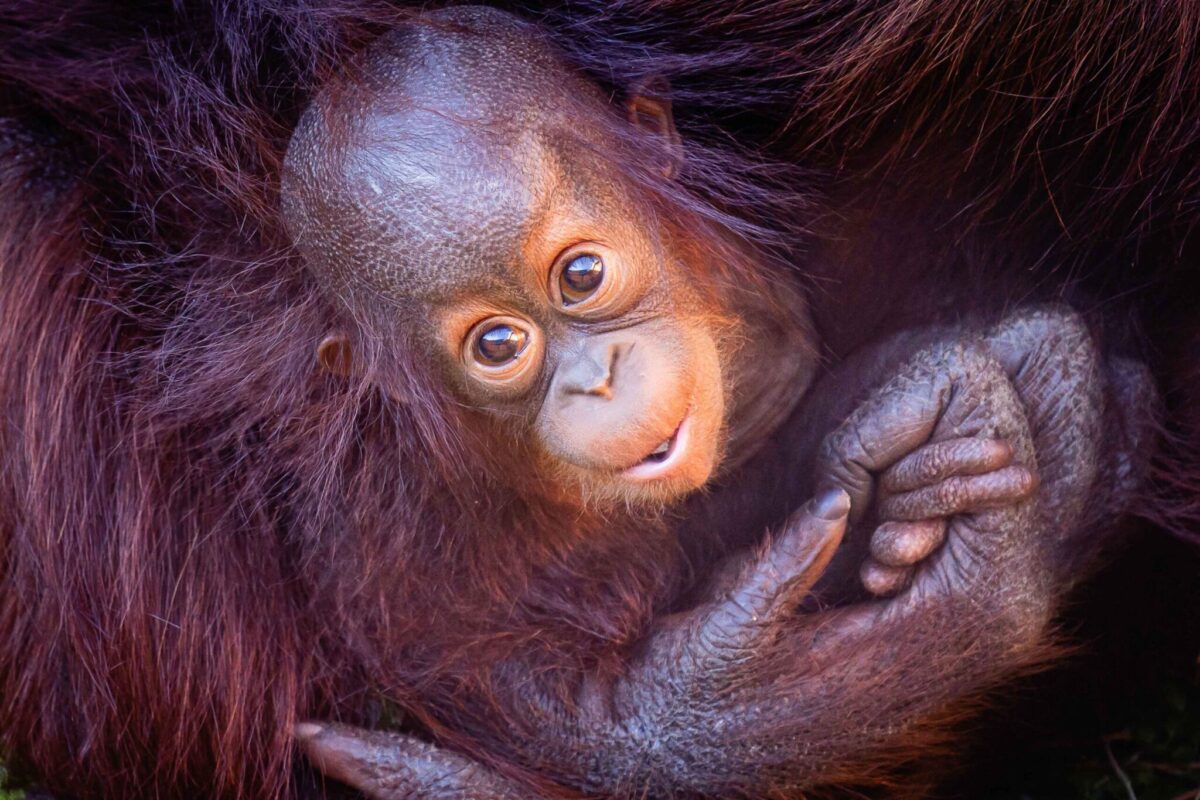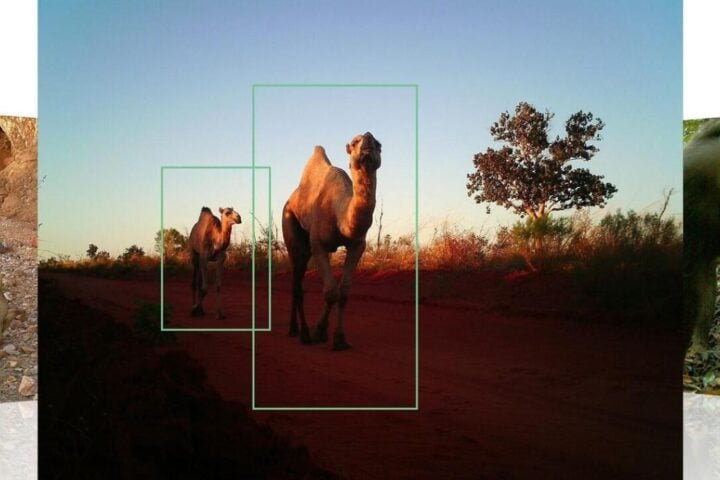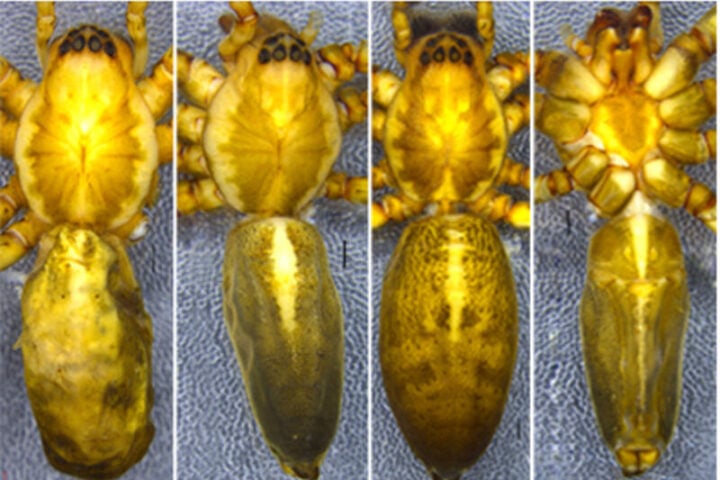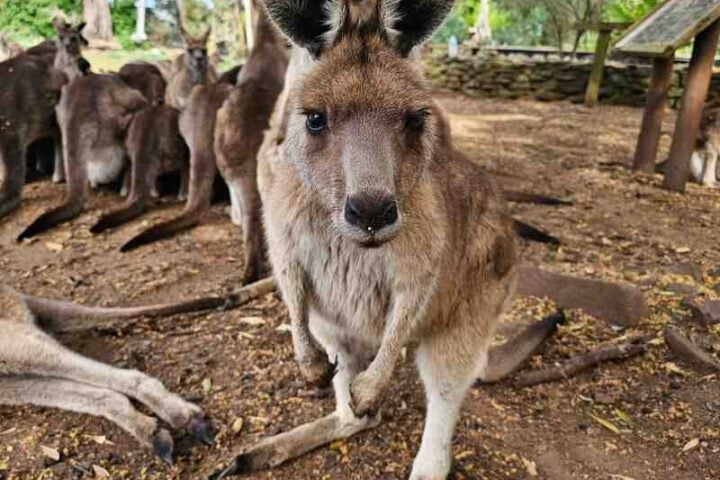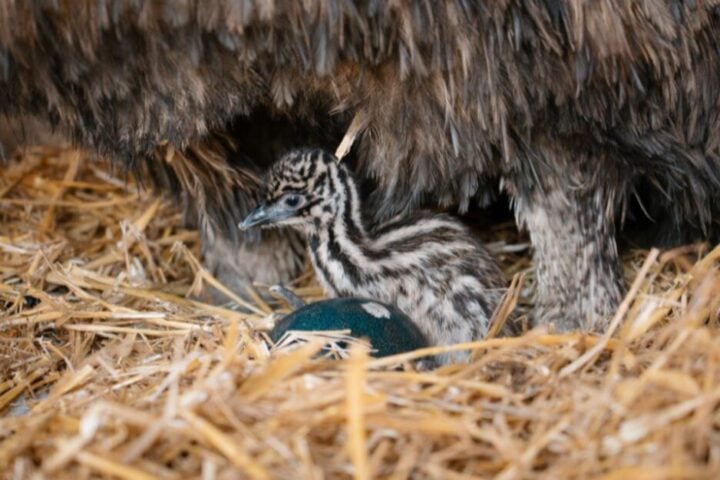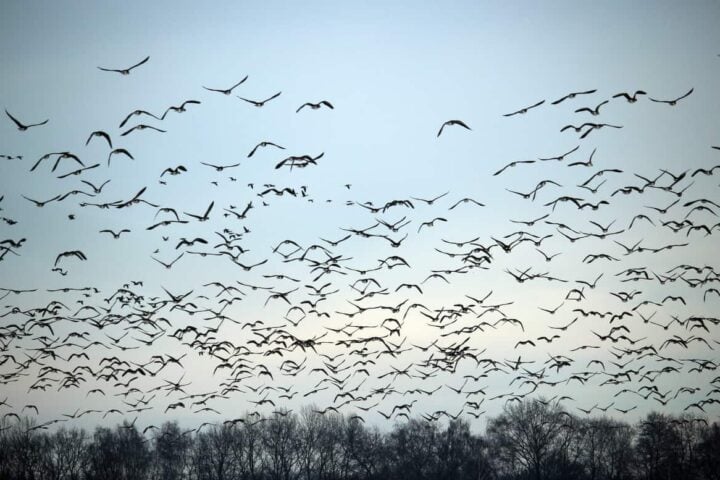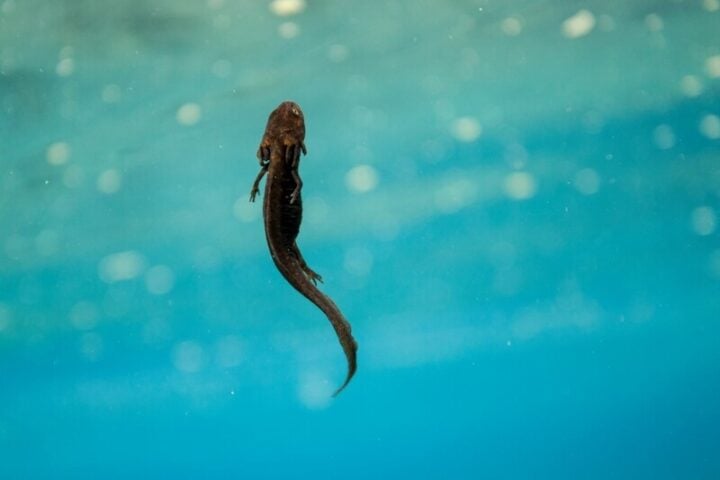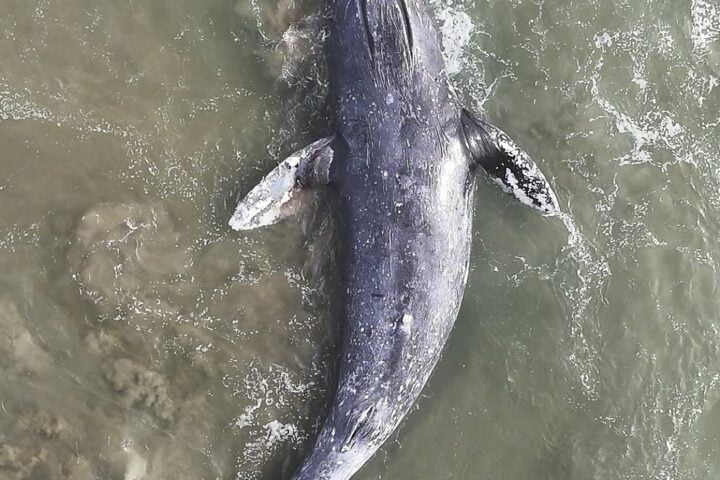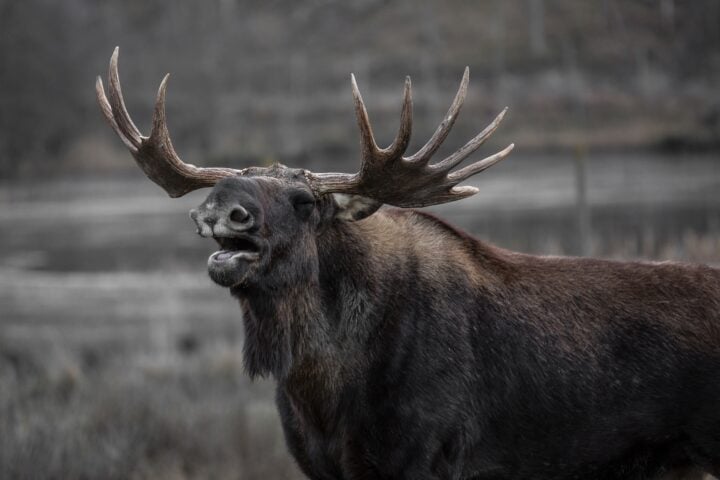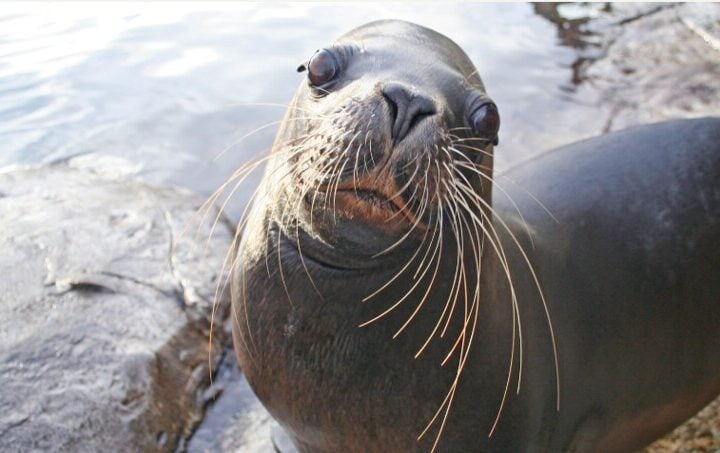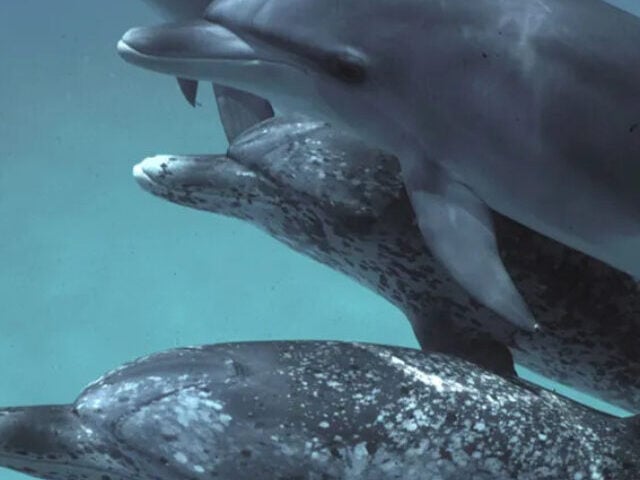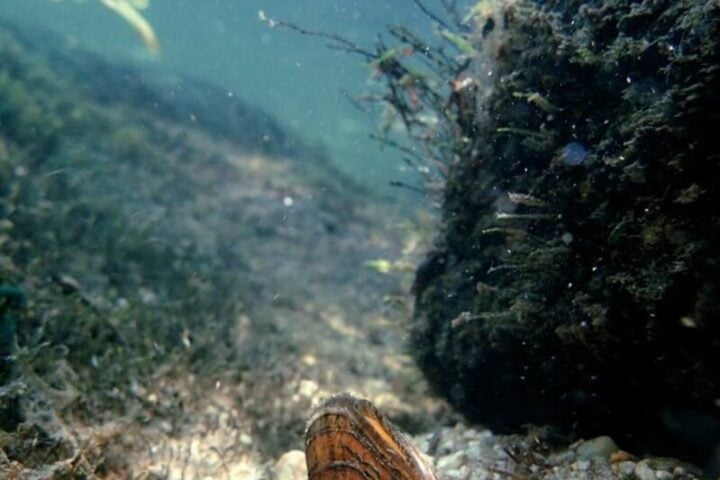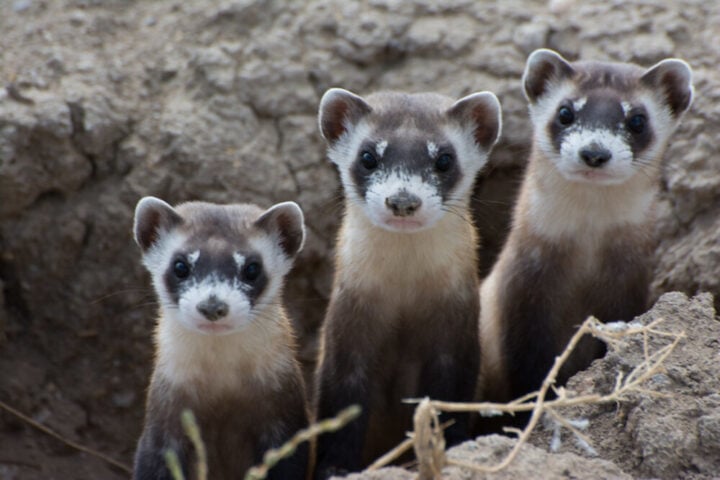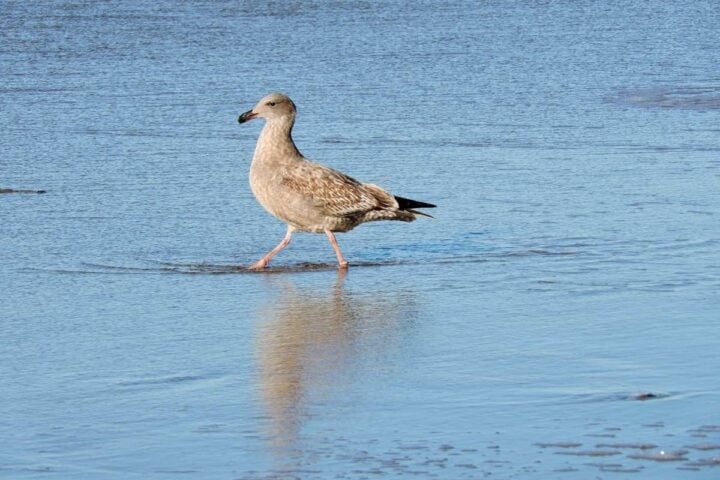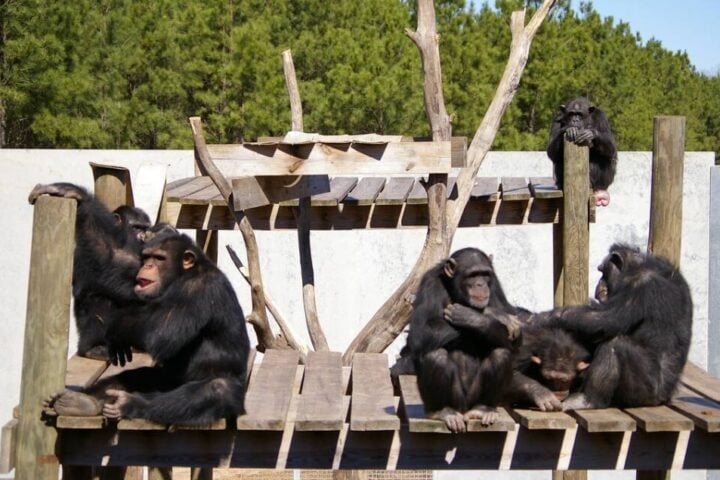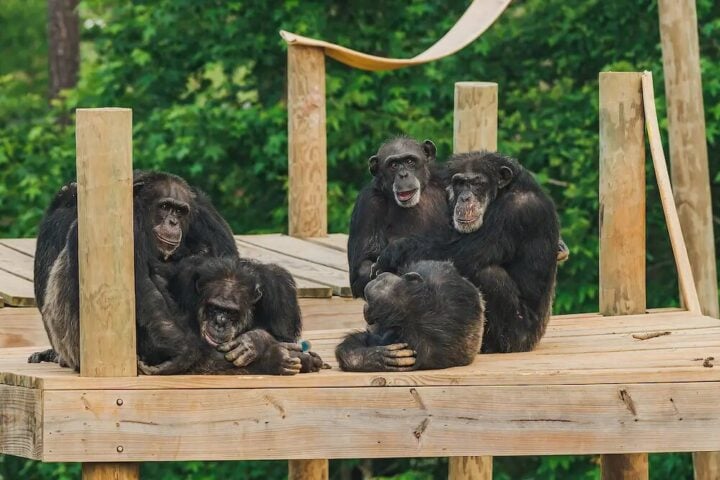Borneo is globally significant for biodiversity, but it also has some of the world’s highest deforestation rates. The report by MariaVoigtabc,Hjalmar S.Kühlab, Marc Ancrenazde, David Gaveauf, Erik Meijaard, Truly Santika, Julie Shermani Serge, Florian Wolfa, Matthew J.Struebig, Henrique M.Pereiraalm, Isabel M.D.Rosan suggests that since 1973, agriculture, plantations, mining, infrastructure development, and forest fires have destroyed more than 30 per cent of the island’s original old-growth forest cover. Every year, 2,000 to 3,000 orangutans are killed. While exact orangutan population counts are always difficult to obtain, current estimates place the number of wild orangutans at 50,000-65,000. At this rate of extinction, many experts believe orangutans will be extinct in the wild within the next 50 years. Never before has their very existence been jeopardised. Economic crisis, natural disasters, and human forest abuse are driving one of humanity’s closest relatives to extinction. The primary threats to orangutan survival today are deforestation which leads to loss of natural habitat, Plantations for palm oil, Illegal pet trade and illegal hunting. aIn the last 20 years, orangutans have lost more than 80% of their habitat.
As shocking as the rapid loss of rainforests over the last few decades has been, nothing compares to the amount of land bulldozed by palm oil plantations in the twenty-first century. Each palm plantation that destroys thousands of hectares in the pursuit of massive profits kills many orangutans. Recently one palm oil company hunted down orangutans while increasing cash crop production. Meanwhile, government mandates to protect the land and animals are disappearing faster than the trees.
Although illegal, the trade in baby orangutans continues to thrive. Every year, hundreds of infant orangutans are taken from the wild for the pet trade. This is accomplished by killing the mother and stealing the baby. It is estimated that four to five orangutans die for every baby born in captivity. Infants frequently die as a result of injuries sustained while falling hundreds of feet from the canopy after their mother is shot, the trauma of witnessing their mother being killed and possibly butchered, contracting diseases from humans or succumbing to the poor conditions in which they are frequently kept following their capture.
Over 100,000 Bornean orangutans are thought to have died between 1999 and 2015. The main threat is the loss or fragmentation of their forest habitat, which is caused by logging for timber, forest fires, and the development of oil palm plantations. Oil palm trees produce palm oil, edible vegetable oil that is used in a variety of products ranging from Maggi to pizza.
